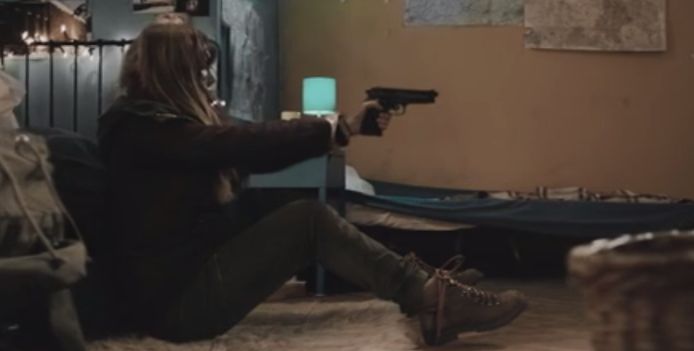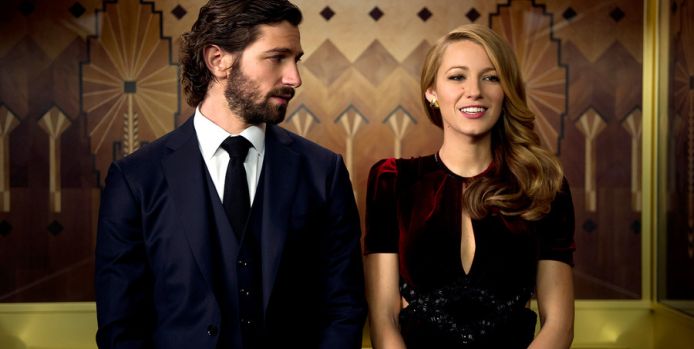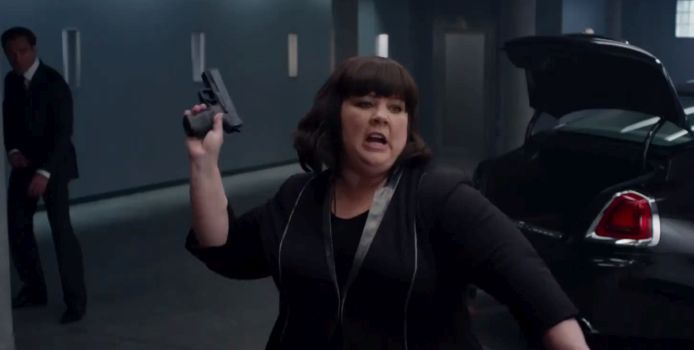Film Reviews
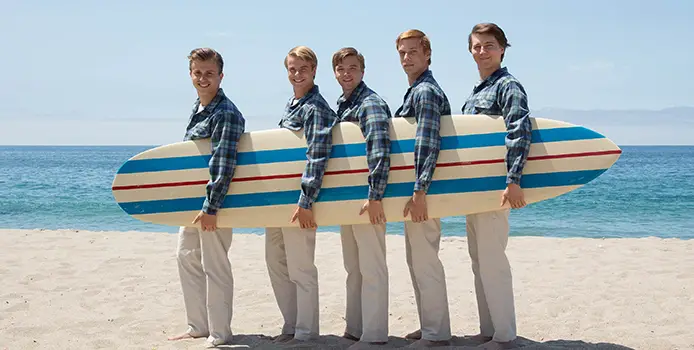
Ever since the glory days of silent cinema, Hollywood has been criticised of running out of ideas. This is why the biopic is the perfect genre for screenwriters and directors. A typical life doesn’t neatly fit into a simple three-act structure, but by highlighting an individual’s greatest successes, and framing them in a way that makes everything else inconsequential by comparison, you can turn something as uninteresting as somebody’s life into a thrilling drama.

Before watching Ant-Man, it would be safe to predict that the movie would be the film that destroys the foundations of the Marvel Cinematic Universe. This is a film that has suffered from well-publicised production troubles, leading many to question the artistic integrity of the directors the studio chooses to helm its projects, whose directorial vision has to be sacrificed in order to create another chapter in studio head Kevin Feige’s grand master plan. Production troubles sometimes lead to fantastic movies, but more often than not, they lead to gigantic box office flops – not even the seemingly unbeatable Marvel can overcome that, surely?
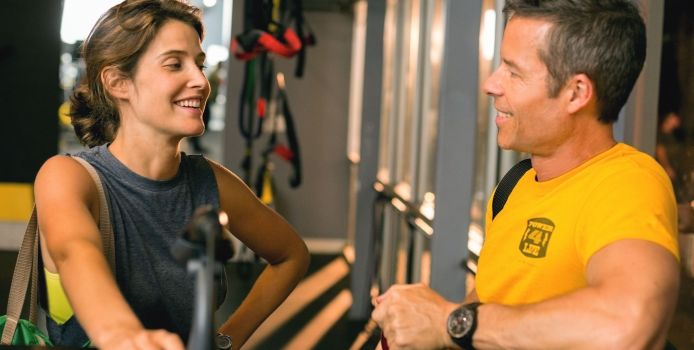
At the start of Andrew Bujalski’s latest film, Results, Danny (Kevin Corrigan) entreats his wife, Christine (Elizabeth Berridge), from the street below the open window of their New York apartment to let him back into the marital home. She closes the window, so he grabs its ledge in an attempt to pull himself up to and through the plate glass barrier. Danny, who carries Corrigan’s rosaceous, wan features, brittle hair, and generous paunch (sorry, Kevin), quickly drops to the ground.
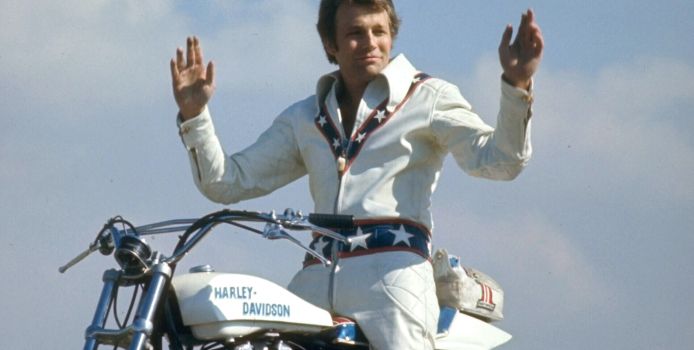
Initially, it seems that I Am Evel Knievel competently weaves archival footage with a range of talking heads. However, the documentary goes to great lengths to embellish a very unlikeable man and omits some of his life’s failings, making it an inferior production to the BBC’s Richard Hammond Meets Evel Knievel, which also has the advantage of featuring the man himself shortly before he died on November 30th 2007. During the 1970s, Evel Knievel was one of the most famous names in America and the world.
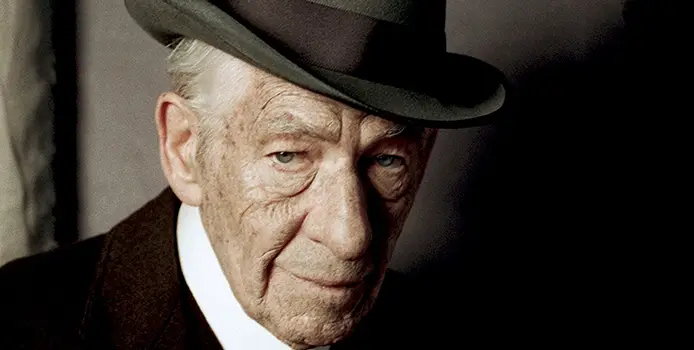
There is something so endlessly fascinating about the character of Sherlock Holmes that prevents him from ever becoming boring to audiences, no matter how different Arthur Conan Doyle’s detective creation is to the pop-culture tastes of the time. The source material is so undeniably entertaining that even if it gets revised as an action blockbuster, as seen in Guy Ritchie’s two recent movies, or transplanted into the modern day, on Steven Moffat’s BBC series, it never loses any of its original charm. No matter how unique a new adaptation of the stories may be, Doyle’s stories are so widely revered that nearly every adaptation of them remains faithful to the essence of the characters, even if they may take a few liberties.
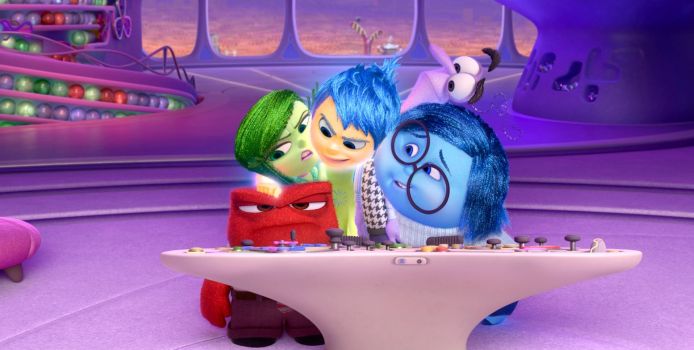
Inside Out is the latest in a long line of Pixar films that deal with the personification of something that you may have thought to be emotionless. Rather than bugs, toys, or fish this time, though, it is dealing directly with emotions themselves. What if the inner workings of our head were similar to an operational business, where our emotions literally guide and influence the actions in our daily life?
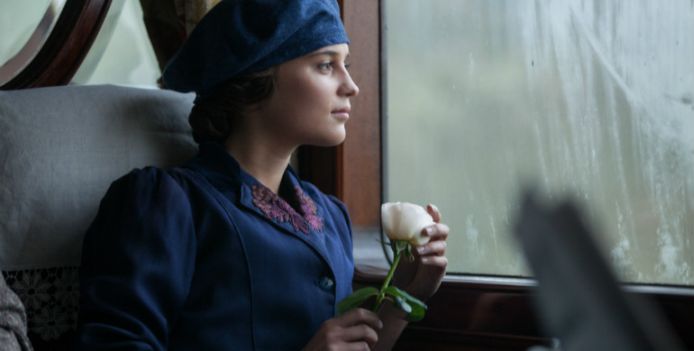
Testament Of Youth is based on Vera Brittain’s memoir of the same name. Her book pays homage to her own losses while growing up during World War I, but also the great loss felt by her generation. Brittain’s book is perhaps unique in that in the UK we are often told about the loss of life during the war.
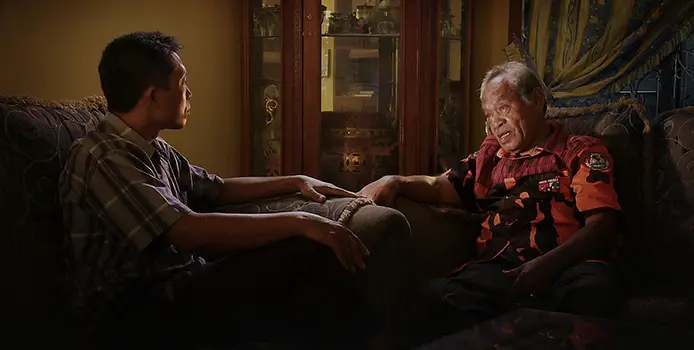
Ignorance truly is bliss. Before watching Joshua Oppenheimer’s harrowing 2012 documentary The Act of Killing, I had no knowledge of the 1965-1966 genocide in Indonesia, which was initially intended on purging “communists” from Indonesian society, but resulted in a million innocent people being massacred. That I could have no awareness of the subject could be blamed on western ignorance – upon receiving the BAFTA for best documentary, Oppenheimer claimed that the UK and US were partly responsible for these atrocities to happen due to their insistence on destroying communism at any cost (a statement that was naturally cut out of the TV broadcast).
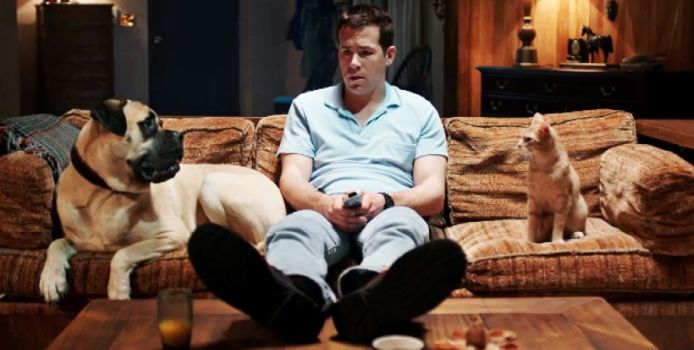
The Voices, the English language debut of French-Iranian director Marjane Satrapi, unarguably gives Ryan Reynolds the best acting role of his career. Sadly, his gleefully maniacal performance is the sole positive – and that is most likely due to the lack of interesting roles he’s been given throughout his career that make this performance stand out in comparison. The character he’s playing is badly devised and written, yet Reynolds somehow manages to make the character compelling.

Chicagoland Shorts is a new series of films curated by Eugene Sun Park and Kayla Ginsburg (with the aid of Beckie Stocchetti). The series pulls together an eclectic mix of shorts all made by Chicago-based filmmakers. The films range from original narratives to real stories, from animations to found footage pieces (those made using pre-existing film or photographs).


